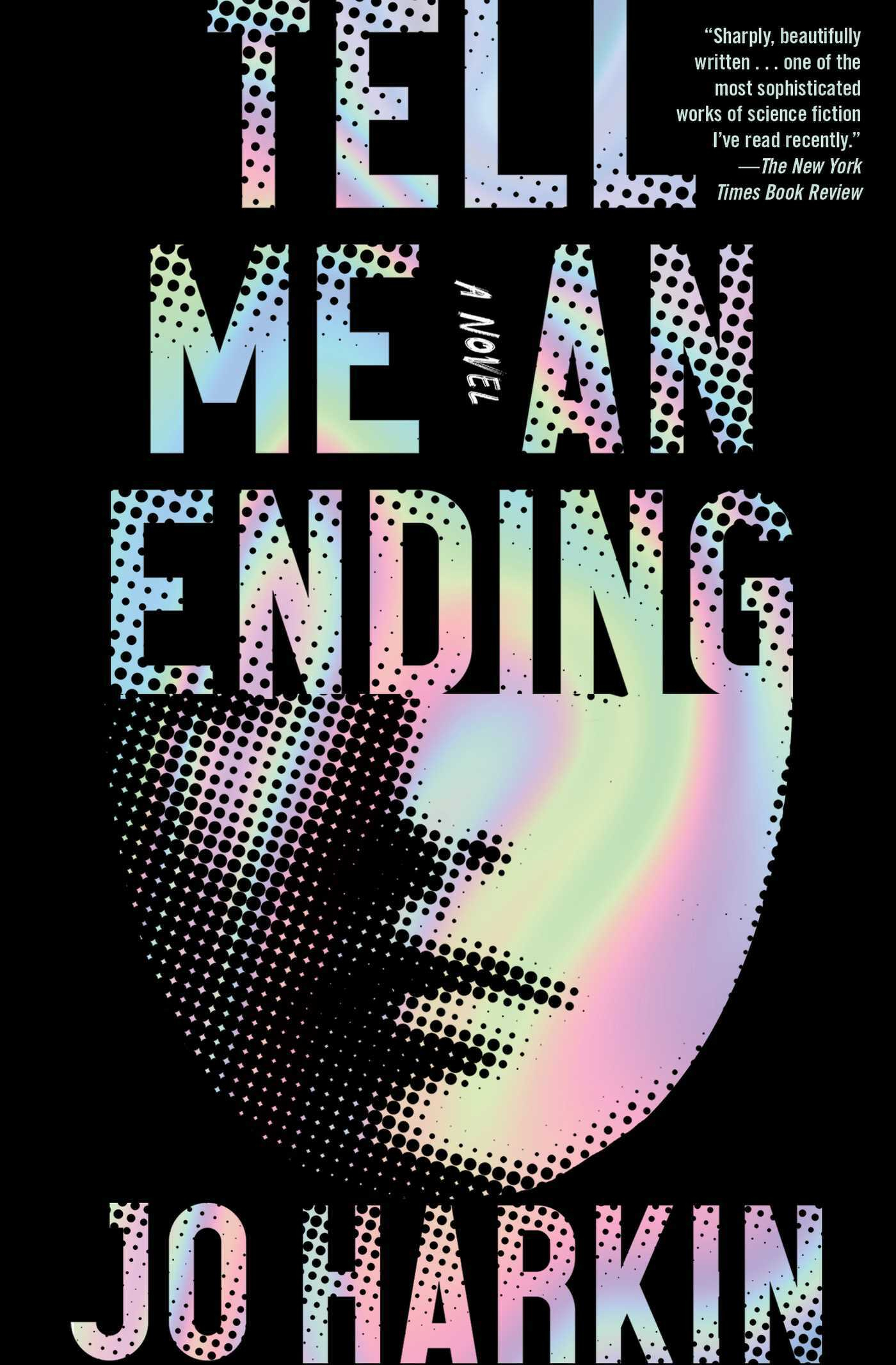📚 Finished reading Tell Me an Ending by Jo Harkin.
This was a book with an absolutely fascinating premise that kept me thinking long after I finished it.
The general idea is that, presumably sometime in the near future, a company called Nepenthe offers a controversial medical procedure to the public that allows people to fully erase any particular memory that they have. It is usually only able to erase periods of your life that occurred over a short and defined timespan. The typical use-case is people erasing moments of trauma in order to eliminate their PTSD or whatever else is causing them to struggle with life.
There are two approaches on offer. In the standard method you sign up for the erasure, sign the legal docs, get the procedure done and go about your life unencumbered by the legacy of your previous memory whilst knowing that you erased a memory. You might even know what type of memory it was, but you won’t any more have the direct recall of it. You won’t viscerally remember the whatever presumably terrible thing happened to you. It will no longer affect your mental health.
Then there’s the more dramatic option where you decide you don’t want to even remember that you have ever erased a memory. In this case, assuming you can set up the rest of your life such that you won’t find out, you won’t know you’ve had a memory erasure and let alone what it was that happened to you that you desperately wanted to forget.
Everyone thought the procedure was a one-way operation at first - that when you lost the memory it was gone for good. However new developments in science showed that it could be brought back with another procedure.
People who knew they’d had a memory erased were then allowed apply for it to be un-erased. Those who didn’t know they had a memory erased obviously wouldn’t know about it so wouldn’t think to apply. That’s until such time as the courts mandated that Nepenthe contact all these non-knowing people to alert them to the fact that they did have an erased memory and had a right to have it un-erased if they so wished.
This was obviously a shock to the people concerned. Imagine waking up to an email hat told you you had some of your past erased - and that your previous self had decided to keep that knowledge from your current self!
Although it may not have been a total surprise to 100% of the self-secreting patients: part of the court’s decision may have been driven by a few reports of people getting unexpected flashes, or “traces”, of their supposedly gone memories or other unwanted side effects that the person themselves could have no idea whatsoever of the source. Nepenthe minimised or denied these reports - let us question whether it was really a good idea to allow the sole power to do this procedure to rest in the hands of a private biotech company with their; IRL lessons for us all to learn here - but nonetheless the idea entered the public consciousness.
What would you do if you were one of these people? Would you want to unerase the memory that your past self deemed was unbearable? Would it make your life better or worse? What would the implications be for the people around you - your family, your friends and so on?
This was probably an especially challenging decision for the people who did not go on to lead a good and happy life after the procedure. Could it be that their erasure led to their subsequent downfall? After all, what are we without our memories?
There are of course many deep philosophical questions at play here, not least around what actually constitutes the self, what forms your identity - and I loved watching the characters play through them
